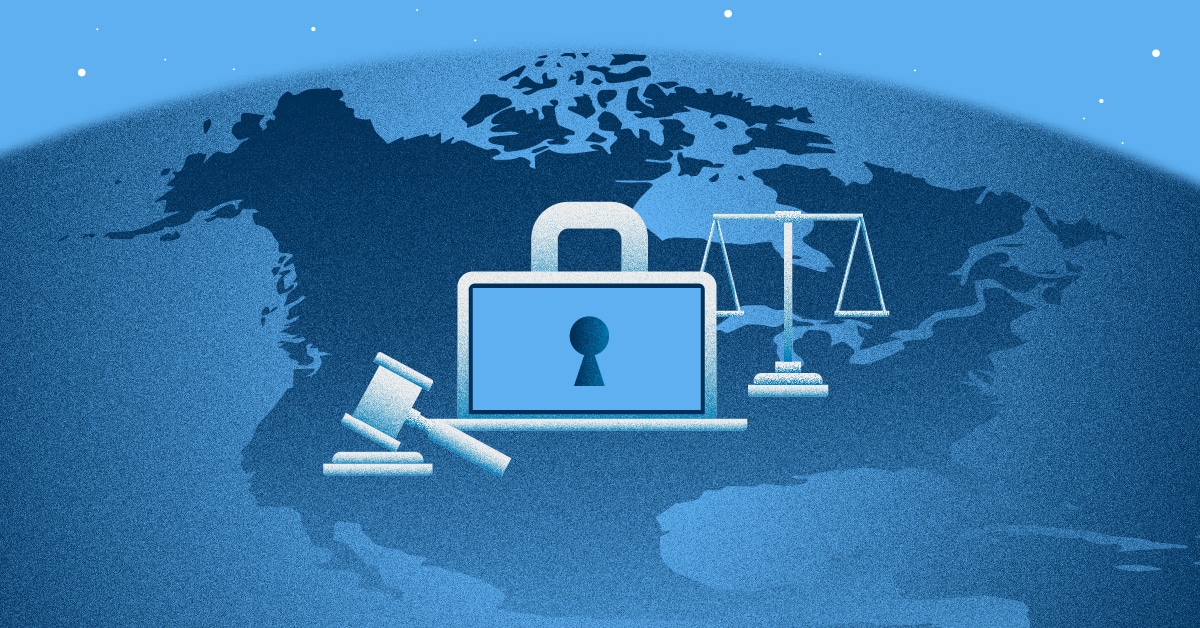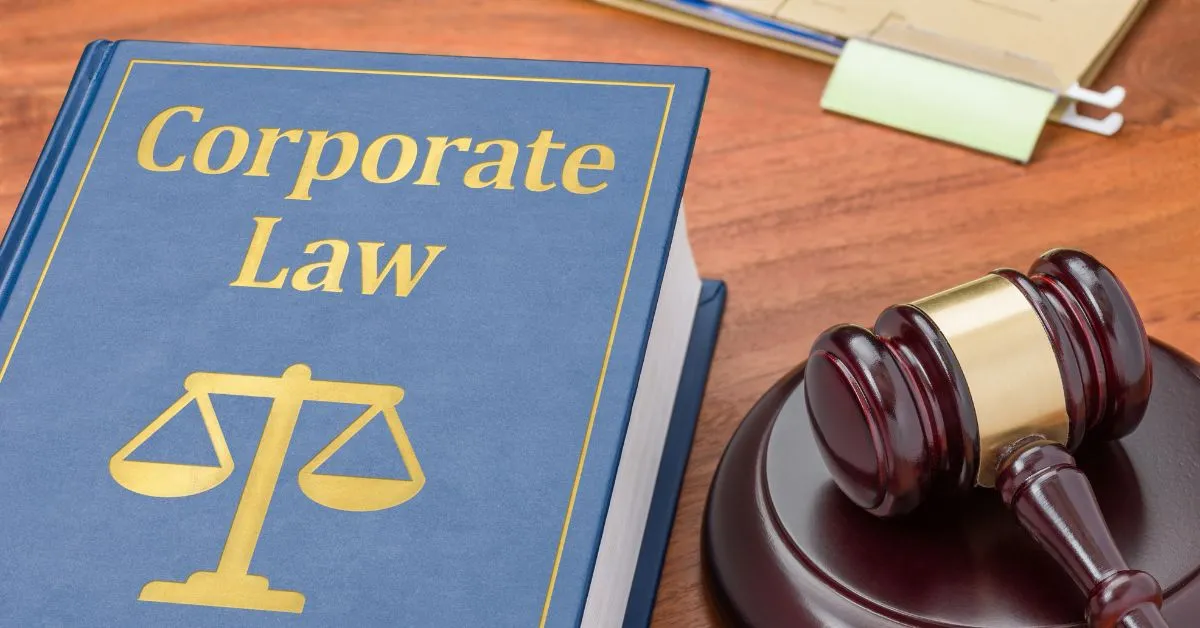In today’s digital age, protecting sensitive information is paramount for businesses of all sizes. Data privacy laws are designed to safeguard personal information and ensure companies handle it responsibly. Here are the top five data privacy laws that every business should be aware of:
1. General Data Protection Regulation (GDPR)
Enacted in the European Union in 2018, the GDPR is one of the most comprehensive data privacy regulations. It mandates that organizations obtain explicit consent from individuals before processing their personal data. Businesses must also ensure they have measures in place to protect data and provide users with the right to access, rectify, and erase their information. Non-compliance can result in hefty fines—up to €20 million or 4% of annual global revenue.
2. California Consumer Privacy Act (CCPA)
The CCPA came into effect in 2020 and gives California residents enhanced privacy rights. Businesses must inform consumers about the personal information collected and allow them to opt-out of the sale of their data. Additionally, consumers can request details about the data a business holds and demand its deletion. The CCPA has inspired similar laws in other states, making it crucial for businesses to stay informed.
3. Health Insurance Portability and Accountability Act (HIPAA)
For businesses in the healthcare sector, HIPAA is vital. It establishes standards for protecting sensitive patient information and ensures that health records are secure. Covered entities must implement strict measures to safeguard data and provide patients with rights concerning their medical information. Violations can lead to severe penalties and loss of trust.
4. Children’s Online Privacy Protection Act (COPPA)
COPPA is designed to protect the privacy of children under 13. It requires businesses to obtain verifiable parental consent before collecting personal information from children. Companies must also provide clear privacy policies and ensure that children’s data is protected. Non-compliance can result in significant fines from the Federal Trade Commission (FTC).
5. Personal Information Protection and Electronic Documents Act (PIPEDA)
In Canada, PIPEDA governs how private sector organizations collect, use, and disclose personal information. Businesses must obtain consent for data collection and inform individuals about how their data will be used. PIPEDA also allows individuals to access their information and request corrections.
Conclusion
Staying compliant with data privacy laws is crucial for building trust with customers and avoiding legal penalties. As regulations continue to evolve, businesses must prioritize data protection and remain vigilant about their practices. For assistance navigating the complexities of data privacy laws, consider consulting with a legal expert.




